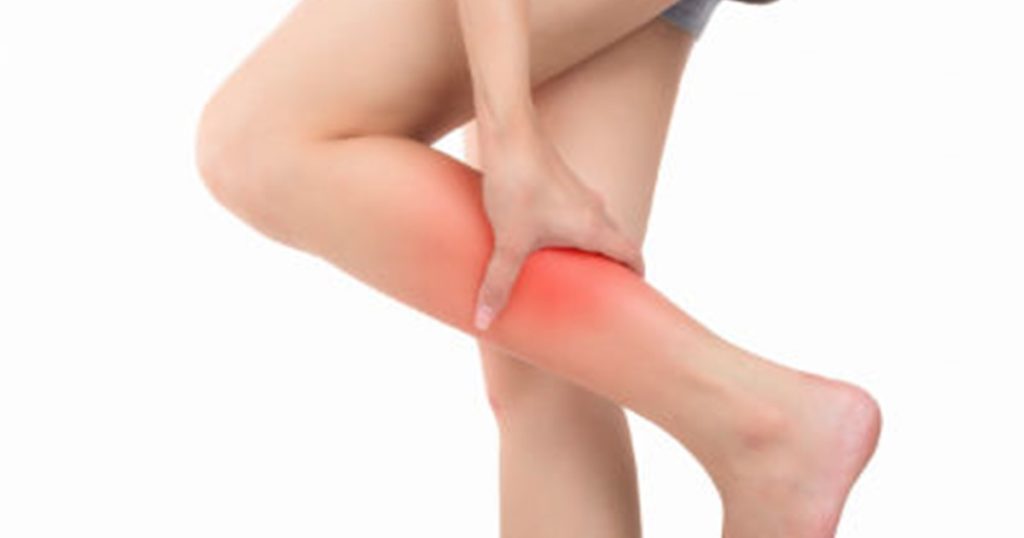Suffered by almost a third of all adults across the United States, night cramps are affecting more and more people every year. Like most ailments that cause disruption to your sleep. No one likes to “jolt” awake from a deep sleep to the debilitating pain of cramp that has seemingly come out of nowhere. This isn’t to be overlooked, it is known by everyone that not having a good night’s sleep negatively impacts every aspect of the following day by inhibiting mental and physical performance.
What do they feel like?
Unlike the usual cramps one might experience after extended periods of intense exercise, nocturnal leg cramps don’t feel like sore and tired muscles — they’re actually extremely painful. This sensation is often described as a tightening feeling as if their muscles are “knotting themselves”. Most alarmingly is that these attacks can last anywhere from a few seconds up to several minutes. Due to the sudden nature of them, when people are awoken by a ‘bout’ of night cramps they frequently have no idea what to do. One of the most commonly affected muscles is the calves, but this also spreads through other muscles in the leg and foot.
Why do they occur?
Unfortunately, there is still not a definitive answer to this conundrum, however looking at the theme of increased prevalence in people over the age of 50, it has been suggested it could be linked to a decrease in exercise and a more sedentary lifestyle. Although doctors remain unaware as to why night cramps occur, they are fairly confident that other leg issues suffered by older generations, such as thread veins or varicose veins, do not negatively impact the occurrence of night cramps.
Doctor Cody Fisher, a family physician, comments “There’s no underlying disorder that causes it which makes it frustrating because they’re super common and really hard to treat. But the underlying ideology is thought to be a neuromuscular problem where the nerves are firing off and the muscles are cramping because of it.” Beyond this, large extended periods of standing with minimal movement or sitting down, and low water intake are all suggested to increase the likelihood of being affected by night cramps.
What can you do to prevent leg cramps at night?
As mentioned above, without knowing the cause, it is very hard to come up with any concrete treatments. Historically quinine, magnesium and muscle relaxants had been prescribed to those complaining of this issue but nothing had been seen as overwhelmingly successful, or without it’s other issues. As with normal cramps, maintain a high level of hydration, stretching, and massaging the muscles should help you manage them better.
If this doesn’t help at all and you are experiencing this frequently, twice or more a week, then it is advised to go and see your doctor or GP. Dr.Fisher notes that “nocturnal leg cramps are usually nothing to worry about” but it is always best to seek the advice of a professional when possible.
If you want to learn more about our blog, please click here.

Leave a Reply